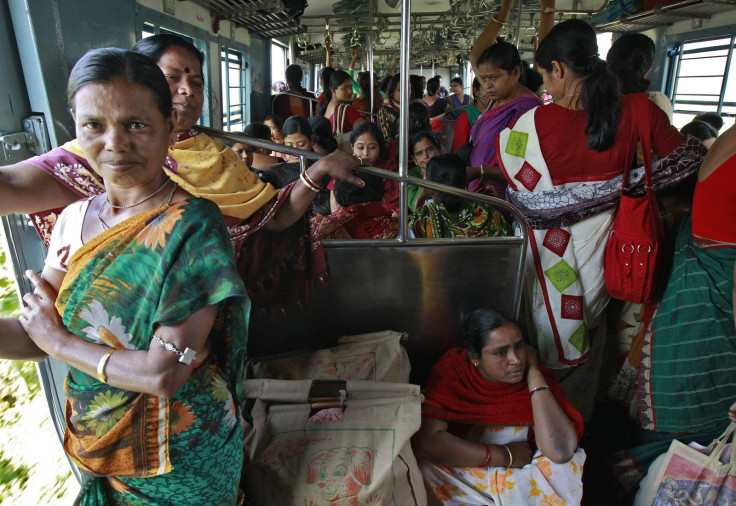Indian women tackling groping and harassment using phone and social media

Indian women are increasingly using phones and social media in the fight against sexual harassment in public places. They seem to be more effective than the safety pins once used largely.
More than 50% of the 5.5 million women going to work have expressed concerns about the safety of their commute in the country.
The latest such incident has gone viral after a girl posted on YouTube the video taken on a domestic flight when a man seated behind her tried to grope her between the seats.
Seen by 4.4 million viewers as of Thursday morning, it shows the woman yelling at the middle-aged man who tries to cover his face.
"Because I'm a girl, and you have the right to touch me anytime, anywhere you want to?" the woman yells.
The man finally asks for forgiveness, watched by passengers disembarking the plane.
Last year, one such video shows two gutsy sisters fighting three men on a bus in the northern state of Haryana, even as passengers watch without intervening.
In Bangalore, a female jogger chasing a man who was sexually harassing her caught him on video while forcing him to the ground, kicking and telling him to get lost.
The phone and YouTube together seem to be doing what an effective police should be doing.
There were 309,546 crimes against women in India reported to the police in 2013, up from 244,270 the previous year, according to the National Crime Records Bureau. These include rape, kidnapping, sexual harassment and molestation.
While the new law against sexual harassment of women at work - Sexual Harassment of Women at Workplace (Prevention, Prohibition & Redressal) Act, is believed to address that concern, harassment in public is a problem at large.
The brutal gang-rape of a paramedical student on a moving bus in Delhi in 2012 highlighted the issues of safety for working women.
Even after the much publicised incident which saw national outrage in protests all over, women's safety remains a dark area.
Leering, passing crude jokes and gesturing are as much a problem as groping and molesting.
Sexual harassment on public transport is an everyday occurrence for millions of women living in some of the world's biggest capitals, as disclosed by a poll conducted by the Thomson Reuters Foundation in partnership with YouGov.
Almost 32% of women in London say they have been verbally harassed on public transport; 19% were victims of direct physical abuse.
© Copyright IBTimes 2025. All rights reserved.




















